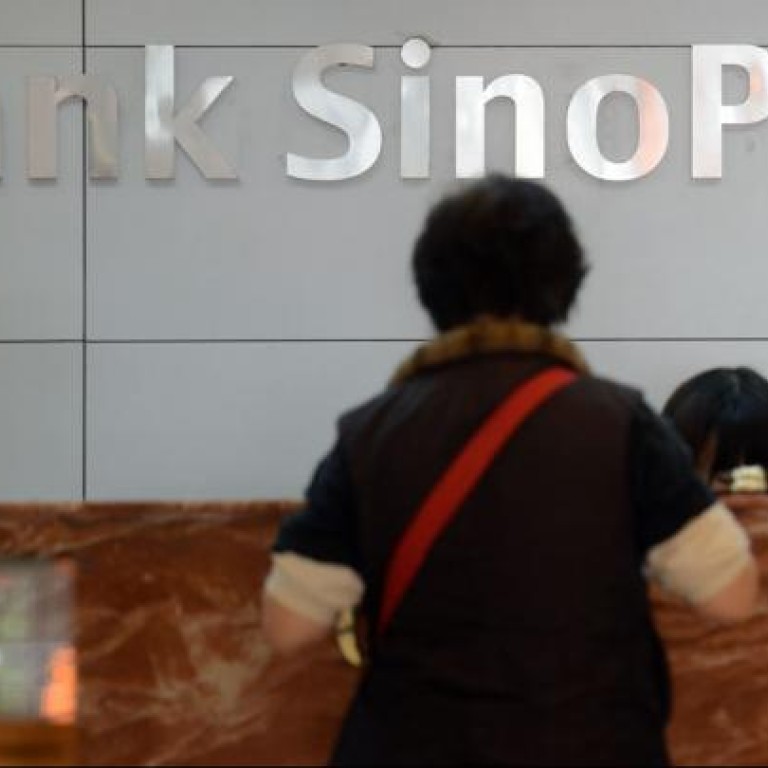
Boost for yuan trade as Taiwan eases bank rules
Move to raise limit on mainland lenders' stakes in their Taiwanese counterparts will generate investment opportunities for the industry
Taiwan's commercial banks and their mainland counterparts will start using each other to grow their yuan business once a new relaxation of investment rules takes effect.

New investments in shares of Taiwanese banks would follow a deal reached on April 1. Under the qualified domestic institutional investor scheme, Taiwan will let mainland firms buy up to 15 per cent of shares in Taiwanese banks, up from 10 per cent. Mainland banks can buy up to 10 per cent of shares, compared with 5 per cent before the new rules.
Mainland lenders may also buy as much as 15 per cent of the shares in an unlisted Taiwanese bank holding company and 20 per cent of a holding company's banking unit.
The relaxation of rules follows a gradual opening of Taiwan's market to the mainland since 2008, when the two governments put aside 60 years of political differences to form economic and trade ties. The new rules reflect increasing demand for financial services created by other post-2008 cross-strait links.
When the rules take effect, within a Taiwan government estimate of two months, the island's SinoPac Bank says it will apply to local regulators to allow a 20 per cent investment from mainland giant Industrial and Commercial Bank of China.
No one had applied under the old rules, said an employee at the Taiwanese regulator, the Financial Supervisory Commission. Dealmakers in Taipei said the earlier investment caps were too low for mainland investors.
More applications are expected, because institutions from both sides see gains with few risks as the two sides get closer economically, economists say.
"[Investment] will inject new life into the sector, creating more business opportunities for both Taiwanese and Chinese banks", said Wai Ho Leong, a regional economist at Barclays Capital in Singapore. "There are significant economies to be realised by the sharing of branch networks and the cross-selling of investment products."
The mainland was Taiwan's biggest trading partner last year and Taiwan the mainland's seventh-largest partner.
Mainland banks may look to Taiwan for experience and products recently introduced into the world's second-largest offshore yuan market after Hong Kong.
Access to the normally non-convertible mainland currency in Taiwan since November has helped local investors save money on their transactions with the other side.
"Mainland banks are still running in a protected market environment, with further liberalisation of interest rates and other controls in financial markets still far away," said Wang Qinwei, a China economist at Capital Economics in London. "Due to lack of competition, mainland banks haven't developed necessary management of products and risks as good as their peers in Taiwan."
Mainland banks would also stand to benefit from increased trade and travel between the mainland and Taiwan, including business from the 2.58 million mainlanders who visited the island last year.
"The major incentives driving Chinese banks investing in Taiwanese banks should be the opportunities to participate in the offshore [yuan] business in Taiwan," said Ma Tie Ying, an economist at DBS in Singapore.
Taiwanese banks need mainland investment to grow their business offshore, analysts say.

